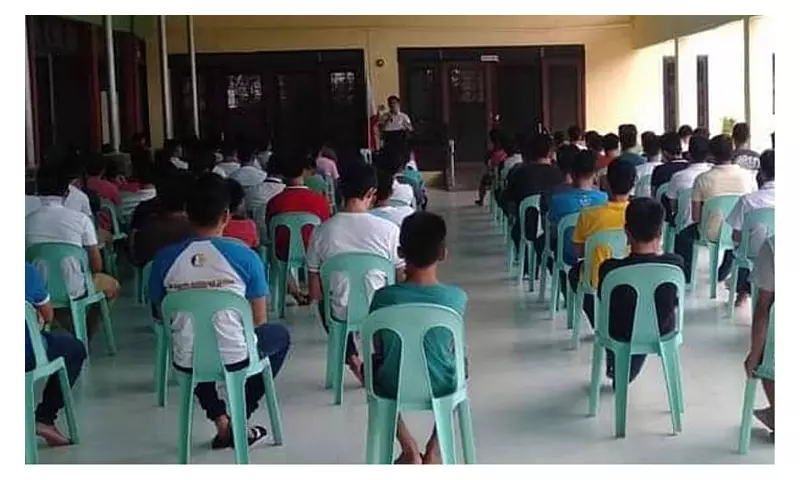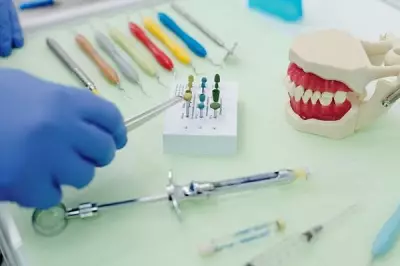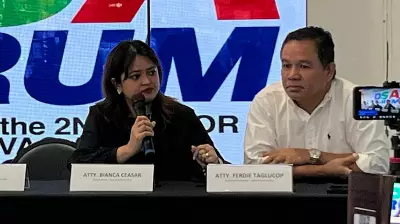
The Department of Social Welfare and Development (DSWD) has issued a compelling call to action for local government units throughout the Davao Region, urging them to significantly strengthen their juvenile justice and welfare programs.
A Critical Need for Enhanced Youth Rehabilitation
During a recent media forum, DSWD-Davao information officer Jessa Ampong emphasized the urgent need for LGUs to bolster their support systems for Children in Conflict with the Law (CICL). The appeal comes as the department observes inconsistent implementation of juvenile intervention programs across various localities.
"We are encouraging our LGUs to strengthen their juvenile justice and welfare programs, particularly the comprehensive local juvenile intervention program," Ampong stated during the Kapihan sa Bagong Pilipinas media forum.
Beyond Punishment: The Community-Based Approach
The DSWD advocates for a transformative approach that moves away from punitive measures toward comprehensive rehabilitation. Rather than detention, the department emphasizes community-based programs that address the root causes of juvenile offenses while keeping young offenders within their support systems.
These intervention programs are designed to provide:
- Psychological counseling and emotional support
- Educational assistance and skills training
- Family mediation and parenting support
- Community service opportunities
- Mentorship and positive role modeling
Legal Framework and Local Responsibility
The initiative operates under Republic Act 9344, also known as the Juvenile Justice and Welfare Act, which establishes the legal foundation for handling children in conflict with the law. This legislation mandates that LGUs take primary responsibility for implementing local juvenile intervention programs tailored to their communities' specific needs.
"The law provides that the local government unit shall take the primary responsibility in the implementation of the comprehensive local juvenile intervention program," Ampong explained, highlighting the crucial role municipal and city governments play in this process.
Building a Supportive Ecosystem for At-Risk Youth
The DSWD's appeal represents more than just a policy recommendation—it's a call to create a nurturing environment that prevents youth from entering the justice system and supports those who do with appropriate rehabilitation services.
By investing in robust juvenile justice programs, LGUs can potentially reduce recidivism rates, strengthen community safety, and provide vulnerable youth with opportunities for positive development and reintegration into society.
The success of these initiatives depends heavily on local government commitment, adequate funding allocation, and community participation in creating sustainable solutions for youth offenders throughout the Davao Region and beyond.





